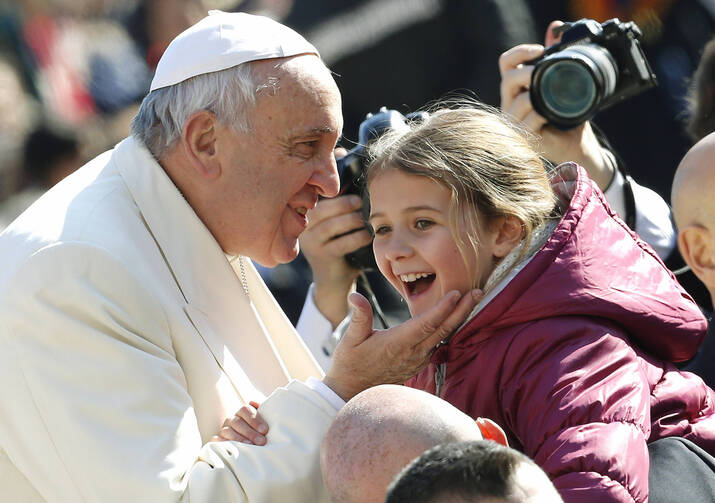The Italian government is on high alert after threats from the Islamic State called Italy “the nation signed with the blood of the cross.”
Italy is one of a handful of major Western counties that has not been victim of a large-scale terror assault since the Sept. 11 attacks in the U.S.
Italian officials fear extremists could enter the country amid the growing tide of refugees arriving by boat from North Africa. About 500 extra troops have been stationed to guard symbolic targets in Rome and monitor the streets of the capital for suspicious activity.
The video threat, released with images of 21 Coptic Christians from Egypt who were beheaded this month, warned that Islamic State forces were “south of Rome,” in Libya. At its closest point, Libya is little more than 100 miles from the Italian islands of Sicily and Sardinia.
This comes four months after the Islamic State’s propaganda magazine Dabiq ran a cover photo of the militant group’s flag flying above the obelisk in St. Peter’s Square in the Vatican with the headline: “The failed crusade.”
“The risks are real,” said Sabrina Magris, president of the International University School of Rome and Florence, the only European institution that prepares negotiators for hostage and terror threats. “The goal may be an actual attack of some kind or simply using threats to create an atmosphere of fear. But the risks shouldn’t be underestimated.”
The Vatican has made no official comment about being a potential target for the Islamic State, or other extremist groups, and Pope Francis resists many security measures, delving into crowds whenever possible.
At Sunday’s Mass at St. Peter’s Basilica, extra security was evident. Police patrolled the area and were stationed around the Vatican’s perimeter.
The people on hand said they didn’t mind.
“It’s a dangerous world, and the pope and the Vatican have a very high profile,” said Karen Phifer, 44, a teacher from Philadelphia spending a year in Italy while on sabbatical. “Every step that can be taken to protect them should be taken.”
Italy responded to the latest threats by boarding up its embassy in Tripoli, the Libyan capital. Italian Prime Minister Matteo Renzi warned extremists not to provoke Italy and threatened military action.
Within days of his initial remarks, Renzi backed away from warning of any unilateral action and called for the international community to intervene against the Islamic State in Libya.
“The last thing Italy and Renzi need right now is a foreign policy crisis,” said Sebastiano Sali, an Italian doctoral candidate with the War Studies Department at King’s College in London.
Massimo Blanco from the National Association of Public and Private Security Experts called the Islamic State’s threats against Italy and the Vatican a kind of “psychological war” that may be having its intended effect.
“I still don’t think the Islamic world is a high enough priority for Europe and Italy,” Blanco said.
Italians say they are aware of the threats, but fear is not having an impact on their daily lives.
Alessandro Tivoli, 29, a tour guide, said, “You can’t live your whole life in fear.”
Some Italians have used social media to fight the threats with humor by using the Twitter hashtag “#We_are_coming_o_Rome” to suggest specific restaurants or sites for the would-be invaders and to predict the militants would be brought to their knees by Italian bureaucracy or oppressive traffic.
“You have to laugh,” said Raffaelle Caruso, 78, a retired technician. “It helps prevent you from being frightened.”








